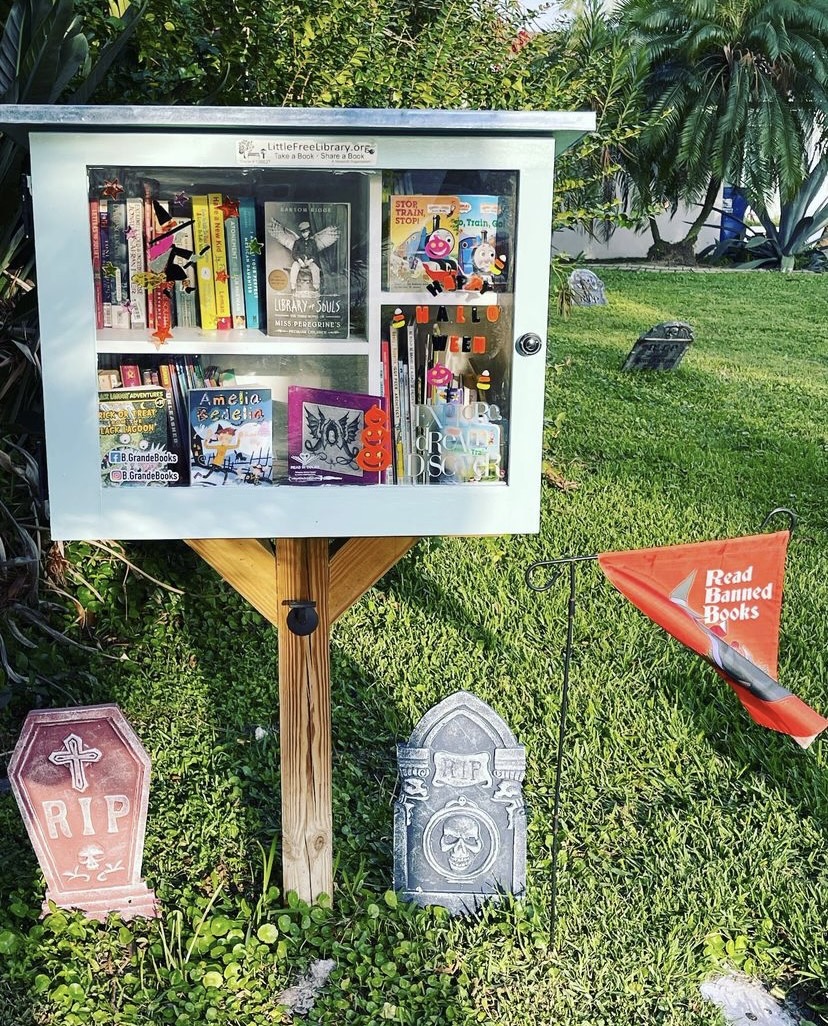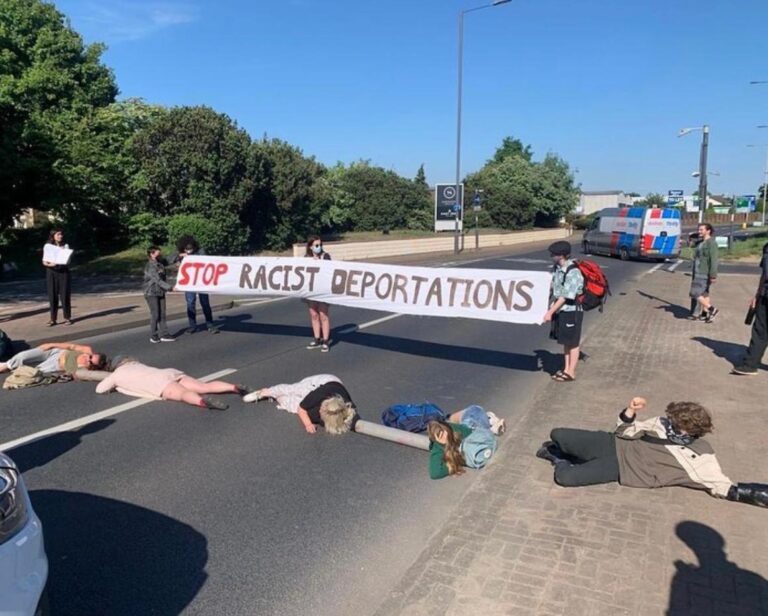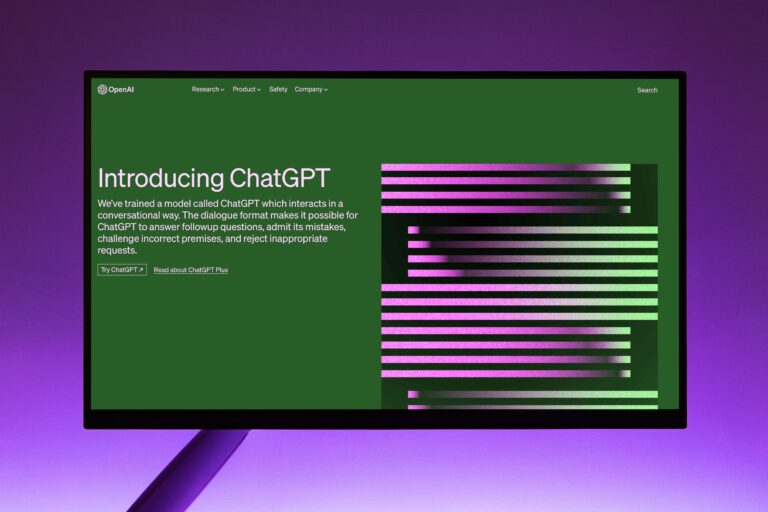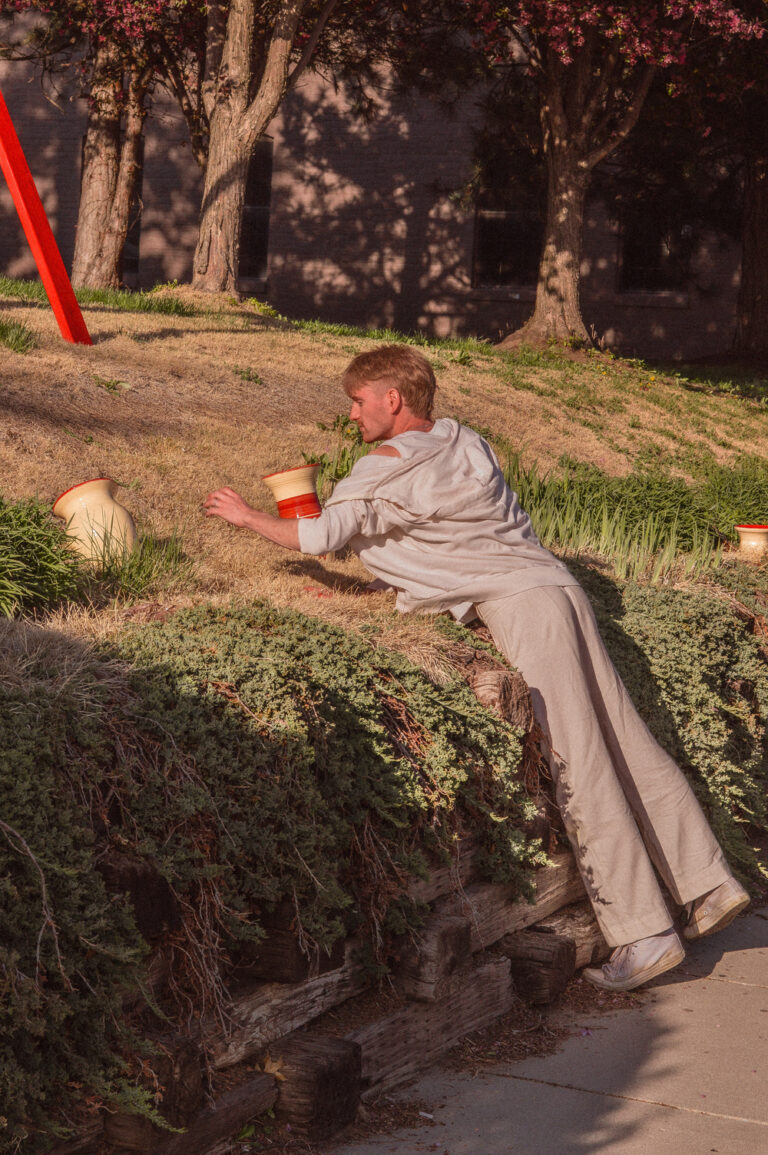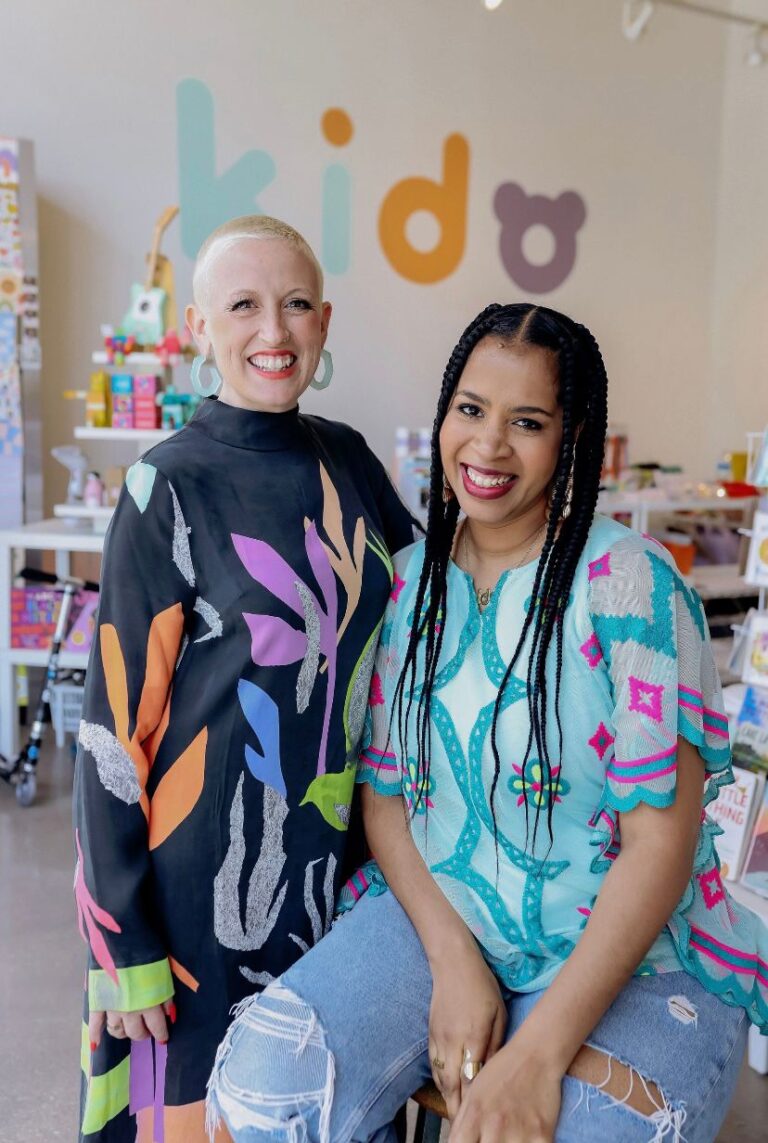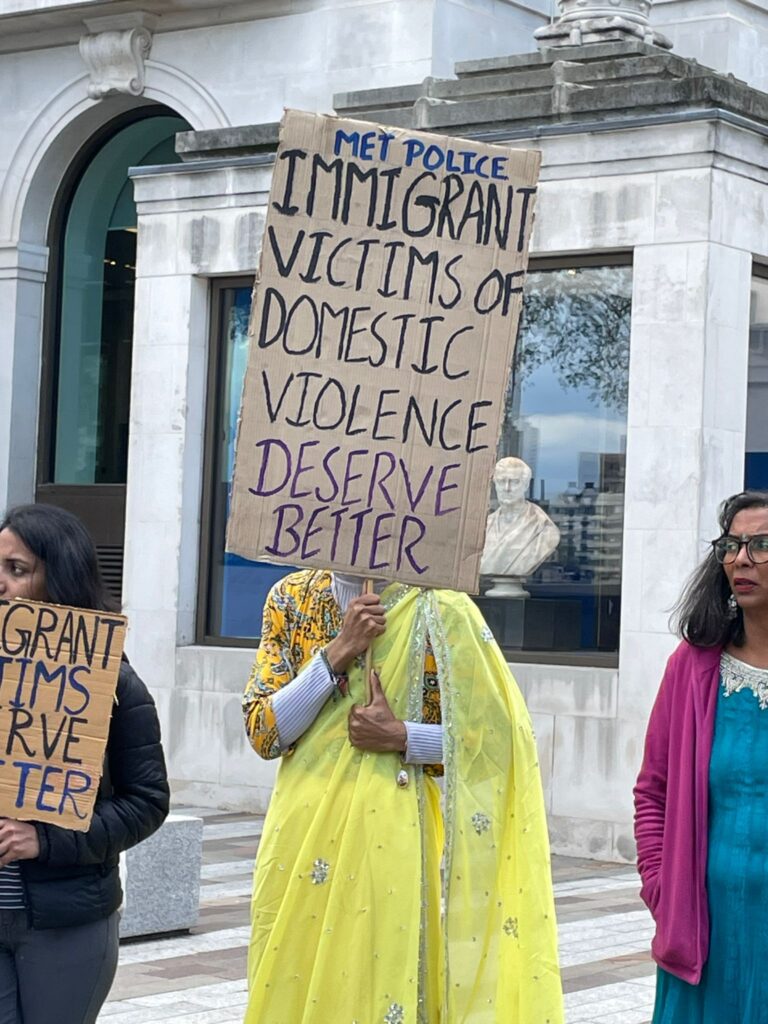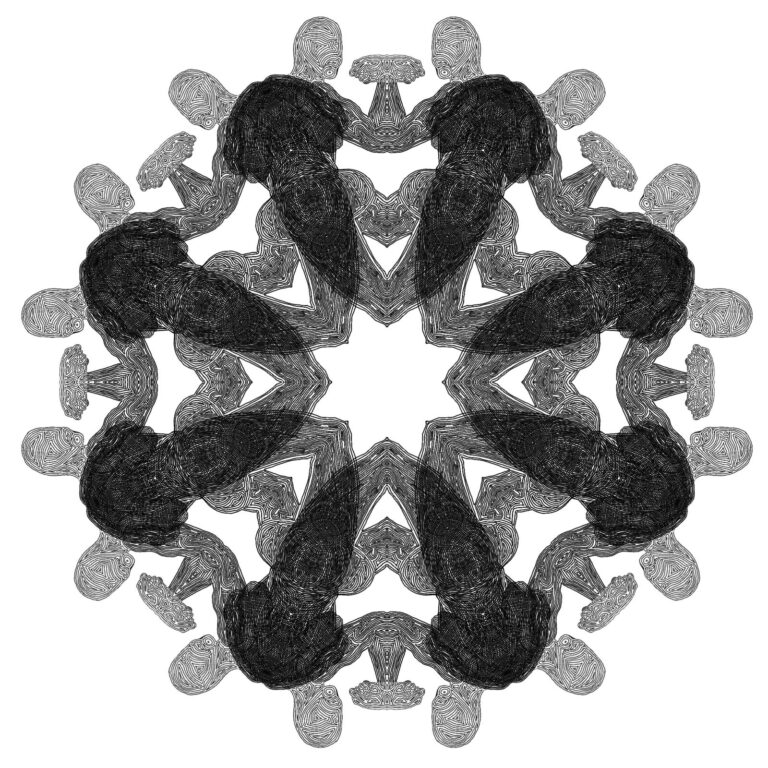Nicole St.Leger’s “little free library”, Credits: Nicole St Leger
Jen Cousins and Stephana Ferrell want to put themselves out of business. That is, to end Florida’s public school book bans for good.
For two years, the co-founders of the Florida Freedom to Read Project (FFTRP) have led the fight against the state’s sweeping book bans which target LGBTQ+ and racial diversity-themed literature.
Started in 2021 as a response to the removal of Maia Kobabe’s graphic novel Gender Queer from public school libraries, the project aims to push against censorship of hundreds of books in public schools and raise awareness of this among parents and students. Gender Queer was swiftly yanked off high-school shelves after its sexually explicit illustrations on gender dysphoria were taken out of context and denied a procedural review.
In response, Cousins and Ferrell, parents to queer and biracial children respectively, began advocating to get the book back into circulation in any way possible, unfortunately without success.
But that didn’t stop them.
“We started discovering other books they were banning and soon book bans became more prevalent [in Florida],” Cousins says. “So we started branching out and helping people across the state do what they can with their school districts.”
Now boasting over 2,100 Facebook group members from Miami to Tallahassee, the initiative relies on their network to share information about upcoming bans, book challenges and school board meetings where they can make their voices heard. Many members are parents who feel robbed of the freedom to choose how they want to raise their children.
“If I don’t want my kids to read something, then I make that choice,” Cousins says. “It’s nobody else’s decision.”
Another Freedom to Read mum, Nicole St. Leger, curates her own ‘Little Free Library’ box outside her house in suburban Pinellas County.
“Books can be windows that allow you to see someone else – their history, their culture and their life,” says St. Leger, who is disappointed with the direction her state is turning. The mother of four hopes she will make a difference by speaking in school board meetings and ensuring her own library box is always full of diverse books.
“I’ll put out books for Pride Month, Asian American month, Mental Health Awareness Month, Holocaust Remembrance Day,” St. Leger says. “It’s a way to combat what’s happening.”
These parents also sense the responsibility to advocate for younger Floridians, many of whom do not yet understand the situation despite being directly affected.
“Gen Z, they’re different,” says Raegan Miller, Freedom to Read’s Director of Development. “They’re amazing, beautiful human beings. This is their world to inherit and we as a society need to move with them.”
Also Read: Chicago to host brand new youth and family focused pride event
Over 2,000 challenges have been made on books within school districts across the Sunshine State, but that only makes the group want to fight harder. Juggling full-time parenting and sometimes even full-time jobs, many FFTRP members have little free time. But with the time they do have, hours are spent sorting through legislation reports, speaking at school board meetings and filing Freedom of Information Act (FOIA) requests to ensure children retain access to the stories and representation which they believe are both essential to the children’s development.
“You want your kids to grow up to have empathy for other people and understand their lived experiences,” Miller says. “If we had that now, we wouldn’t see all this bad legislation coming through.”
The bans being proposed stem from these various attempts to challenge over 1,100 unique book titles. The bills that often eventually become legislation affect a wide variety of children’s and young adult literature. Whether it’s a novel written by an LGBTQ+ author, a children’s book featuring an illustration of someone wearing a Black Lives Matter shirt or a page depicting two women in wedding dresses, even the smallest details are often up for scrutiny.
“My family chose public school because we appreciated the diverse backgrounds, conversations and opportunities for our kids to have their worldview challenged, and the critical thinking that comes from that,” says Ferrell. “These are restrictions on the stories that could be life lessons for kids.”
It’s not just parents who have got involved in hopes to guarantee access to literature. Students themselves, like 17-year-old Laura Kopec, a recent high school graduate and FFTRP member, are passionate about educating others on the book bans.
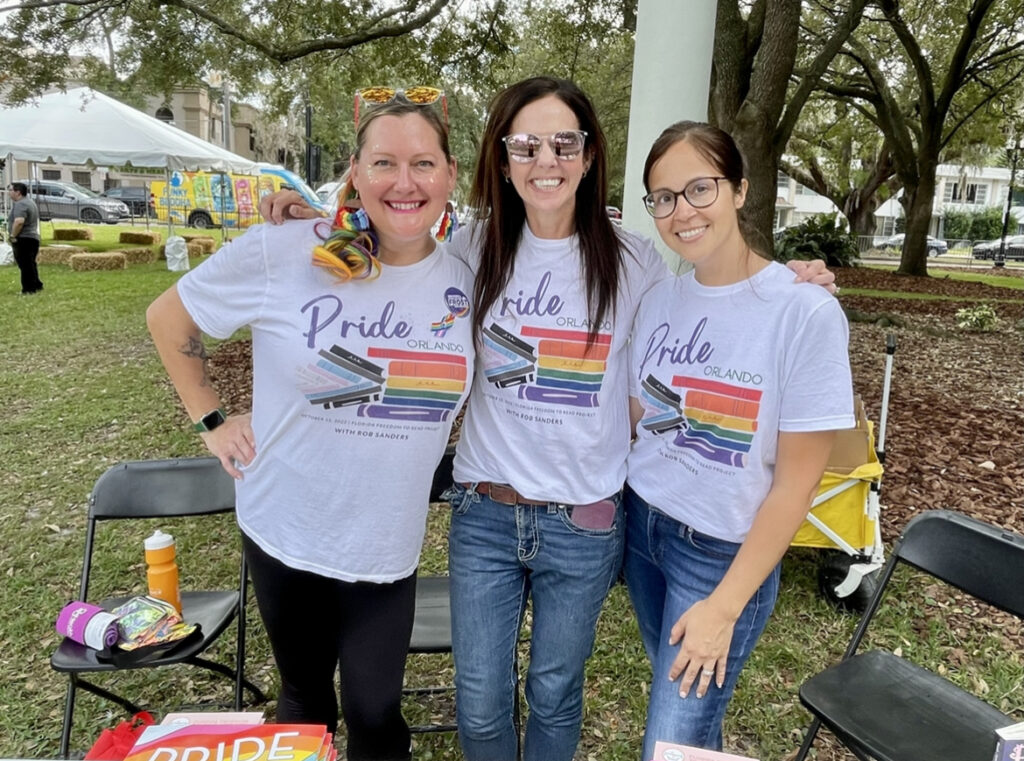
Kopec’s English class read Toni Morrison’s novel The Bluest Eye in her junior year of high school, but this year, the book was removed from the curriculum due to controversy over sexual content in certain scenes. According to Kopec, students’ parents had signed permission slips before they read the book, and afterward, it became a class favourite because of its discussion on racism in America. Seeing it removed discouraged her and her fellow classmates.
“The people who hadn’t sat in our class and didn’t understand how the book was being taught were able to make decisions regarding our education,” says Kopec. “I wanted to make our voices heard since we weren’t being asked.”
In February, she was part of a group of 30 students who attended a Pinellas County school board meeting to protest the book’s removal. She’s worried about the increasing stigmatisation around topics of diversity in Florida, especially after 2022’s Don’t Say Gay Bill.
“The students are already at risk of not being able to talk about those [topics],” says Kopec, “but then the teachers also don’t feel safe to talk to students.”
With Florida’s Republican Governor Ron DeSantis’ announcement of a 2024 presidential campaign, it’s difficult to see an end in sight.
“It’s going to be years before we can get statewide success,” Cousins says. “Right now, it’s all in small wins here and there.”
The road ahead is filled with uphill battles, but there’s a tangible hope weaving through the members of Freedom to Read. Their mission remains clear.
“Every child should be able to see themselves in the world. When you remove books, you remove those ‘mirrors’ for them,” St. Leger says. “These people still exist. They’re part of our community. And they’re what makes an amazing world.”
